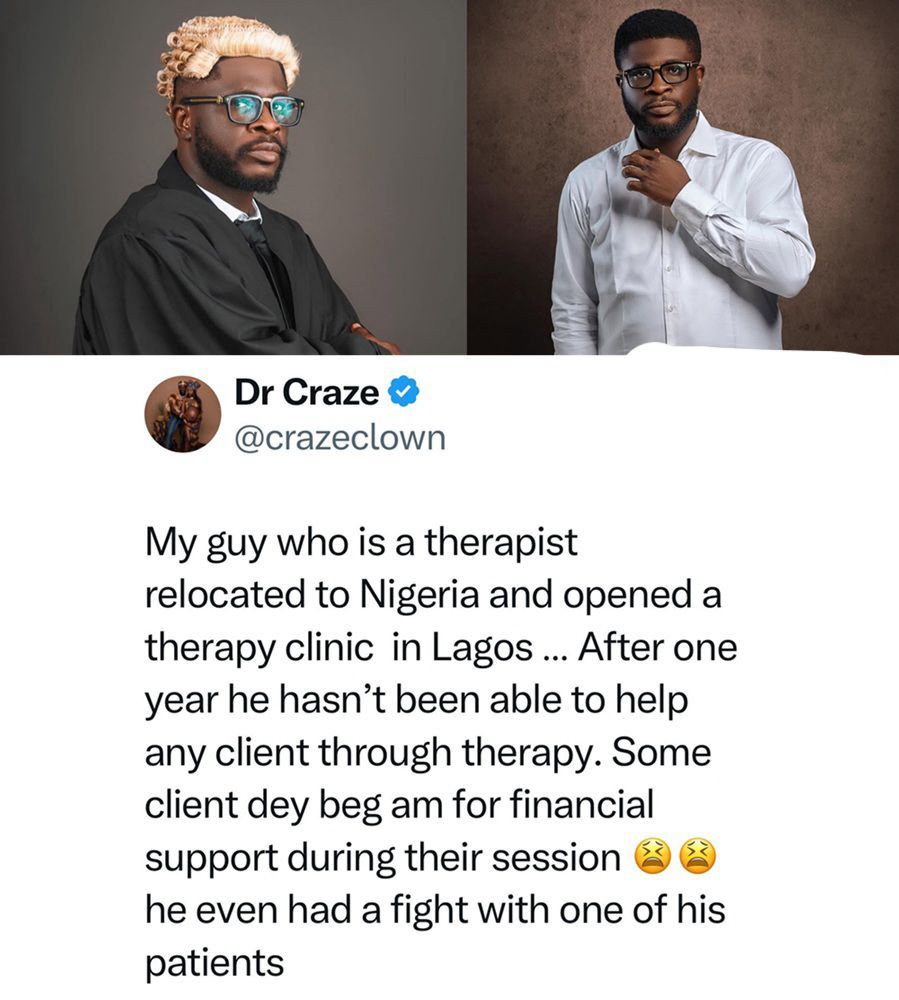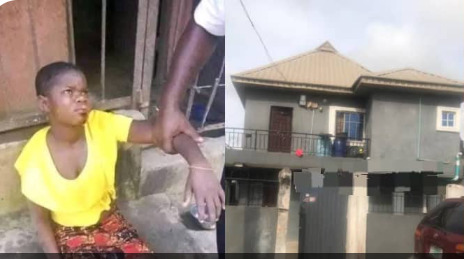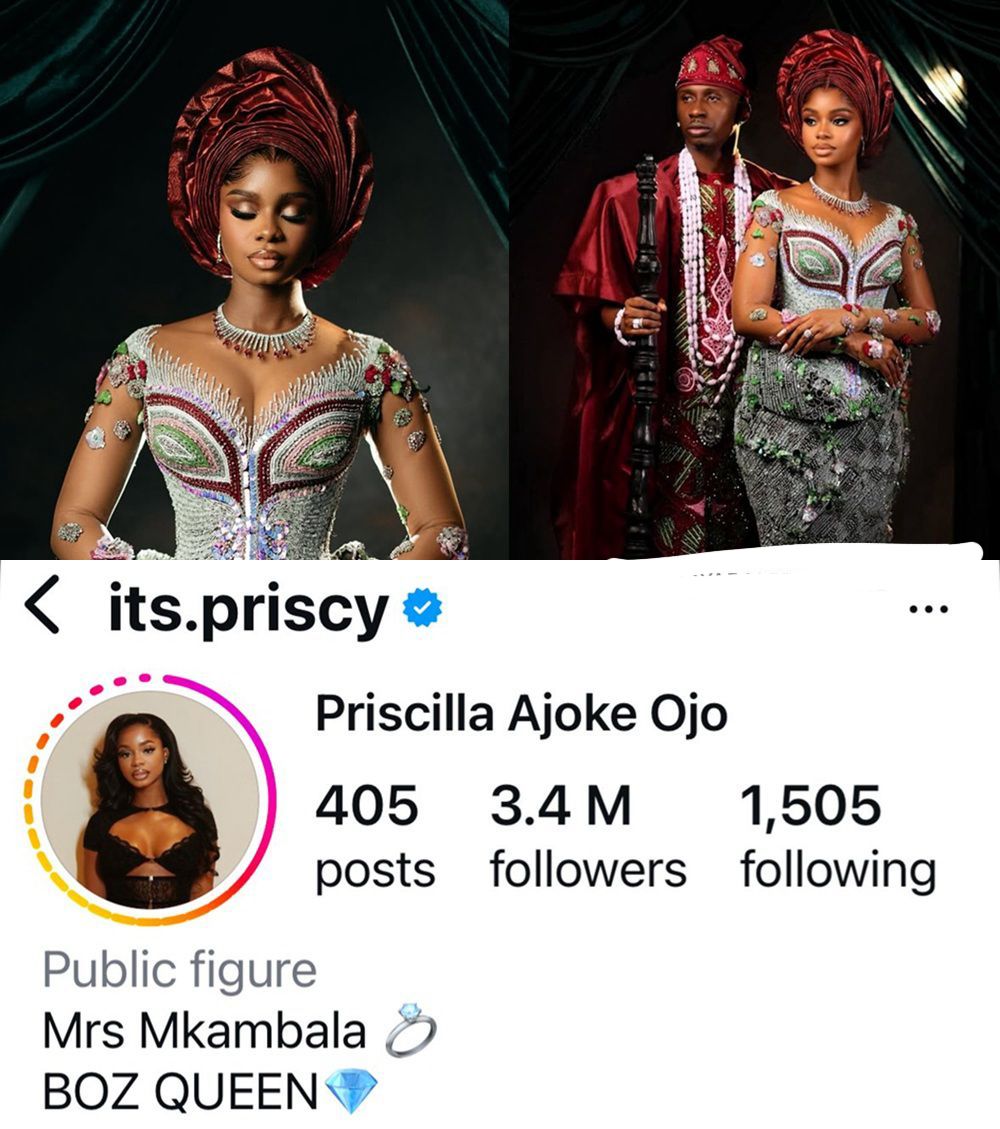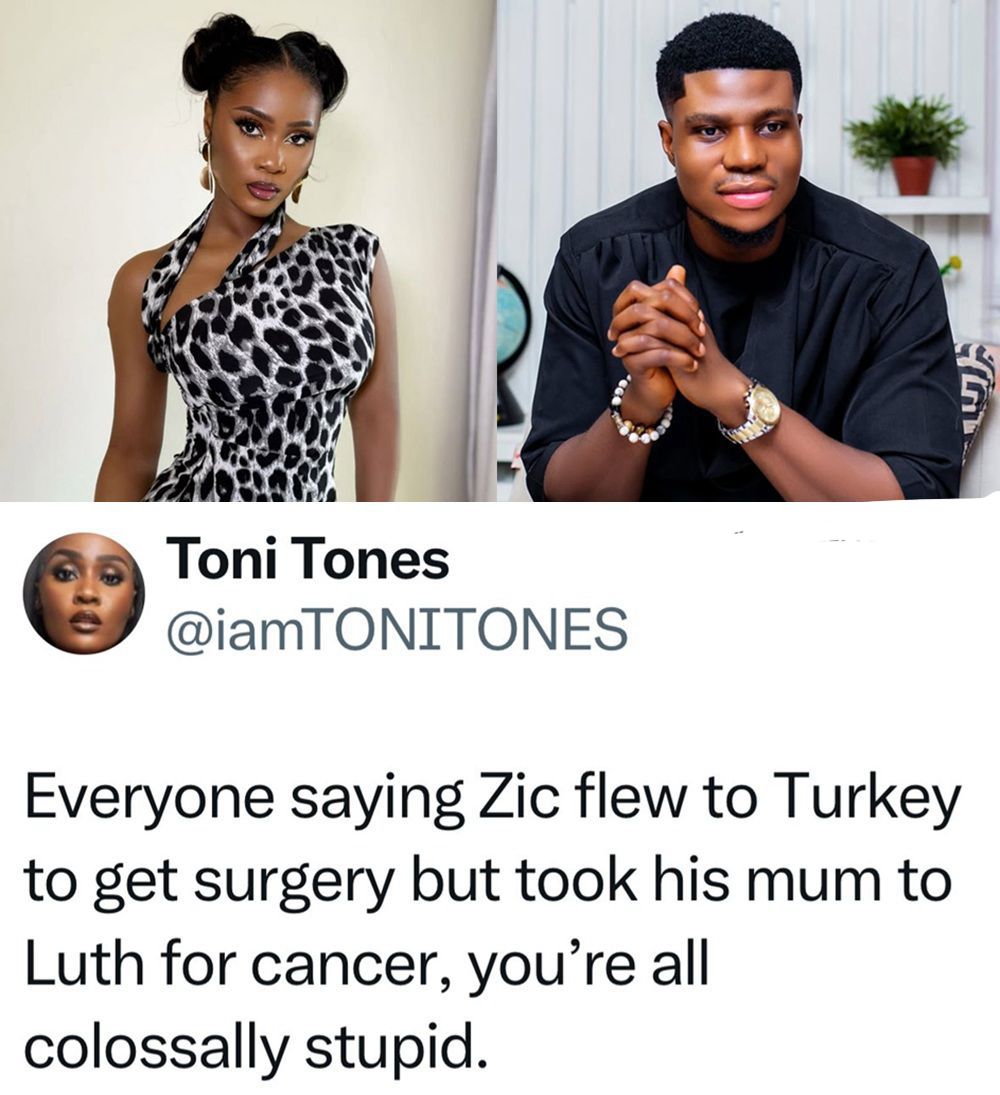
“Therapy No Be Hustle?” – Nigerian Celebrity Dr. Craze Tells Shocking Story of Therapist Friend’s Tough Reality in Lagos

In a nation where mental health awareness is gradually gaining ground, a popular Nigerian celebrity known on social media as Dr. Craze, popularly recognized by his handle @crazecown, has thrown a spotlight on the raw and unsettling reality of practicing therapy in Nigeria. In a post that has since gone viral, Dr. Craze recounted the disheartening experience of his friend — a trained therapist — who relocated to Nigeria with noble intentions, only to be met with unexpected challenges that raise deeper questions about the state of mental healthcare in the country.
According to Dr. Craze, his friend, a certified therapist, had relocated to Lagos with high hopes of contributing to the growing conversation around mental health and providing much-needed professional support to Nigerians struggling with psychological and emotional issues. He established a private therapy clinic in the bustling city, determined to make a difference. However, after spending an entire year trying to run the clinic, the therapist found himself deeply disillusioned, frustrated, and on the verge of giving up.
“After one year, he hasn’t been able to help any client through therapy,” Dr. Craze wrote in the now-viral tweet, shedding light on the deep disconnect between the therapist’s intentions and the everyday realities he faced. While some might expect a slow start for such a sensitive and relatively new field in Nigeria, what followed painted an even grimmer picture.
Instead of receiving the emotional and psychological support they came for, many clients reportedly veered off the path of therapy and turned the sessions into an avenue to seek financial assistance. “Some client dey beg am for financial support during their session,” Dr. Craze revealed in the post, which has sparked a wave of online debates and discussions. For many Nigerians, it was a painful but honest reflection of a society where financial hardship often overshadows mental health concerns, blurring the lines between therapy and charity.
One of the most shocking parts of Dr. Craze’s revelation was the disclosure that the therapist actually got into a fight with one of his patients. While he did not delve into the details of what led to the confrontation, the fact that tensions escalated to physical or verbal altercations during a professional therapy session speaks volumes about the difficulty of maintaining professional boundaries in such an emotionally and economically charged environment.
Reactions online have been mixed, with many Nigerians sympathizing with the therapist and acknowledging the near-impossible task of practicing therapy in a country where mental health is still misunderstood and often stigmatized. Others took a more critical stance, pointing out that proper screening and boundary-setting should be a core part of any therapy practice.
“It’s sad, but this is the reality of many Nigerians,” a user commented. “You want to talk about your depression, but you haven’t eaten in two days. The hunger screams louder than the trauma.” Another added, “Therapy without addressing poverty is like pouring water into a basket. We need structural change first.”
This incident opens a broader conversation about the viability of private mental health practice in Nigeria. While government hospitals and NGOs have made efforts in recent years to expand mental health services, private therapy remains largely inaccessible due to cost and a general lack of awareness. Even when people do seek therapy, it’s often with unrealistic expectations, or as a desperate last resort when other avenues — such as religion, traditional healers, or self-medication — have failed.
Many professionals in the mental health sector have also weighed in, citing similar experiences. “This is more common than people think,” a Lagos-based clinical psychologist said in response to the tweet. “I’ve had patients break down in tears not because of emotional trauma, but because they couldn’t afford rent. How do you treat anxiety rooted in poverty without addressing the poverty?”
The story also underscores the cultural and socioeconomic challenges that continue to plague the mental health sector in Nigeria. While therapy has become a buzzword among the urban elite and on social media, the broader population still grapples with basic survival needs. For a large number of Nigerians, the concept of paying to talk to someone about their feelings still seems foreign — and even frivolous — when weighed against the more pressing reality of unemployment, inflation, insecurity, and daily survival.
Dr. Craze’s post, while humorous in tone, strikes at the heart of a system that is not yet ready for the full-scale implementation of Western-style therapy models. His story raises a sobering question: can therapy truly thrive in a country where basic needs remain unmet for millions?
Many also criticized the glamorization of relocating to Nigeria to “make a difference,” noting that idealism alone cannot withstand the systemic hurdles present in sectors like mental health. “He thought he was coming to be a hero,” one commenter wrote. “But Nigeria has a way of humbling even the most qualified professionals.”
Others, however, see this as an opportunity for innovation. Some suggested the integration of mental health services with social support programs, while others advocated for the use of community-based, culturally sensitive therapy models that take into account the unique Nigerian context. “Therapists in Nigeria must wear multiple hats — counselor, advisor, even sometimes social worker,” said one professional. “That’s the reality if you want to survive here.”
As the post continues to gain traction online, it has also sparked calls for better mental health policies and increased government funding. Advocates are urging the Nigerian government to prioritize mental healthcare as part of national health reform, and to invest in training more therapists who can adapt to the country’s unique environment.
Dr. Craze’s honest and eye-opening revelation has not only spotlighted the plight of one therapist, but has also unveiled the deeper cracks in Nigeria’s mental health system. Whether this moment will lead to meaningful change or be brushed aside as another viral moment remains to be seen. But one thing is certain — the conversation around mental health in Nigeria can no longer be ignored.


